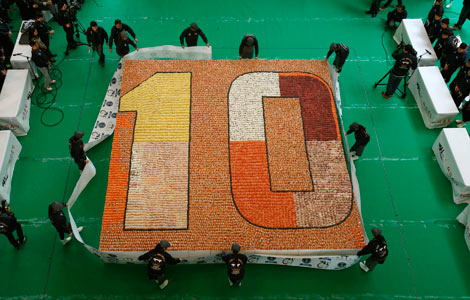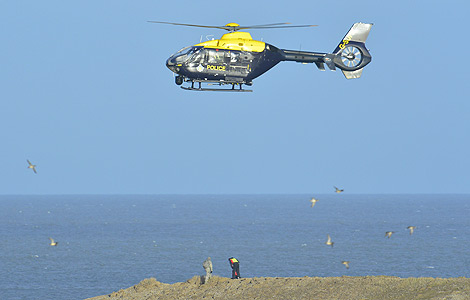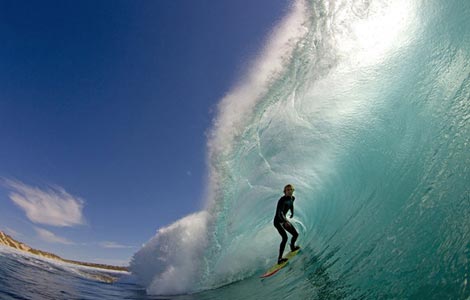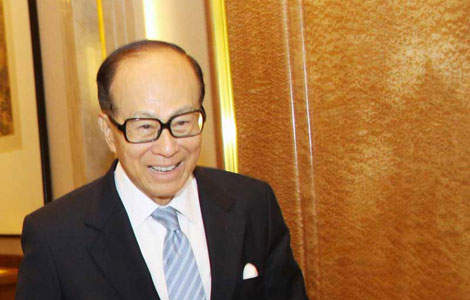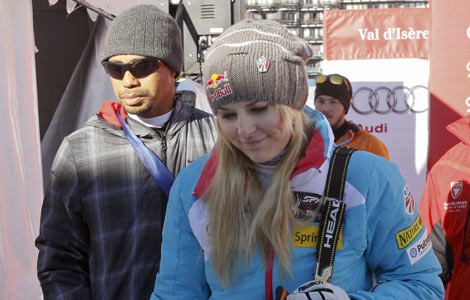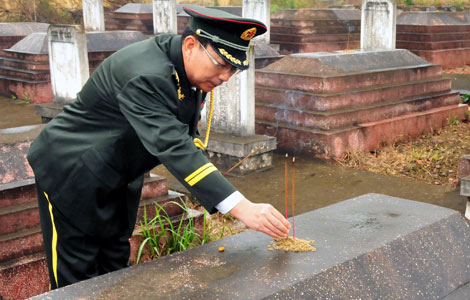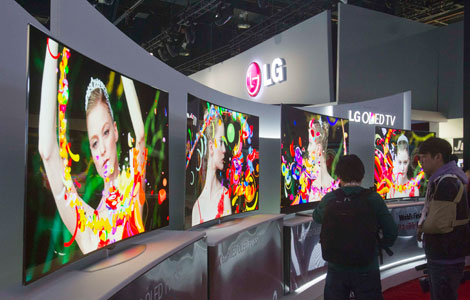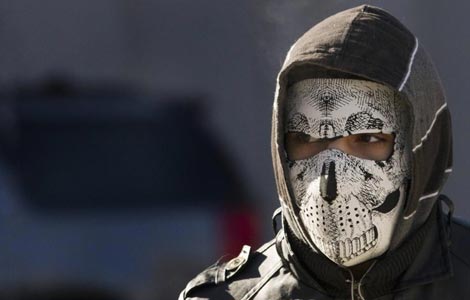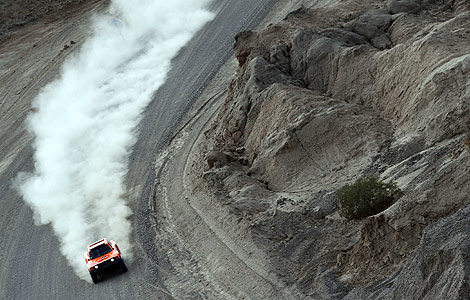Iran nuclear talks hit snag on centrifuge research
Updated: 2014-01-09 09:38
(Xinhua)
|
||||||||
'SERIOUS NUCLEAR NEGOTIATIONS'
Western diplomats said they were uncomfortable with the idea of Iran pressing ahead with the development of more advanced centrifuges. But Iran says centrifuge research is crucial.
"We have to make sure our right to research and development is respected," a senior Iranian government official said on condition of anonymity.
The research and development would be aimed at improving Iran's existing centrifuge technology so it can enrich better and faster, a prospect Western governments find worrisome.
Iran and the so-called P5+1 - the United States, France, Britain, Germany, Russia and China - reached a deal on November 24 in Geneva aimed at curbing the Islamic Republic's most sensitive nuclear work, including medium-level 20 percent uranium enrichment, in return for easing some economic sanctions.
Iran is under UN, US and European Union sanctions for refusing to heed UN Security Council demands that it halt all enrichment- and plutonium-related work at its nuclear sites. Tehran rejects Western allegations that it is seeking the capability to produce atomic weapons, saying its nuclear ambitions are limited to the peaceful generation of electricity.
Nuclear experts from Iran and the six powers have held several rounds of talks since November 24 to resolve various technical issues before the interim deal can be put into place.
The experts have to work out when the accord will be implemented. Western diplomats and Iranian officials say the six powers and Iran want to start implementing the deal on January 20.
A senior Western diplomat, however, said that despite the disagreements, the latest rounds of talks between Iran and the six powers "actually made pretty good progress".
"There are still, however, some outstanding issues. But we are still aiming to get the interim agreement started on January 20," he said "We haven't given up hope of that."
Iran's Foreign Minister Mohammad Javad Zarif said on his Facebook page that Tehran was "very serious" about the Geneva deal. "Serious nuclear negotiations are under way and with strong political will," he added.
Diplomats said the push by Iran to continue advanced centrifuge research and the resistance by Western powers to the idea is not surprising given what it is at stake for all sides.
"The gaps which have been making it difficult to reach an agreement clearly reflect the attempts of both sides to improve their status at the last stage before signing the agreement," the first diplomat said.
"Iran seeks maximum maneuvering room in interpreting the agreement, while the US seeks to ensure that this interpretation does not go beyond its understanding of the agreement," he said. "Either way, the two sides are interested in reaching an agreement as soon as possible."
Israel, which has been highly critical of the six powers' deal with Iran, was not surprised by Iran's attempts to ensure that it could continue with advanced centrifuge research.
"It was clear from the outset that the Iranians would play games," an Israeli official said on condition of anonymity. "They did it in the past, and now they're up to their old tricks again."
Iran's negotiations with Britain, France and Germany in 2003-2005 collapsed after Tehran and the European trio failed to agree on what enrichment-related activities would be permitted under a voluntary suspension of the Iranian enrichment program.
The Europeans accused Tehran at the time of violating the terms of the suspension while Iran said London, Paris and Berlin failed to deliver promised economic incentives and kept trying to expand the scope of the agreed freeze.
Most Viewed
Editor's Picks

|
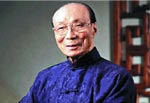
|

|

|

|

|
Today's Top News
Students challenged on China knowledge
Chicago lures Chinese tourists
Delta authorities pledge to battle smog together
US troop deployment stoking peninsula tensions
Abe blasted at UN
Dirty air? Why not wash it?
The changing face of Chinese ODI in US
China imports more US-built cars
US Weekly

|

|
